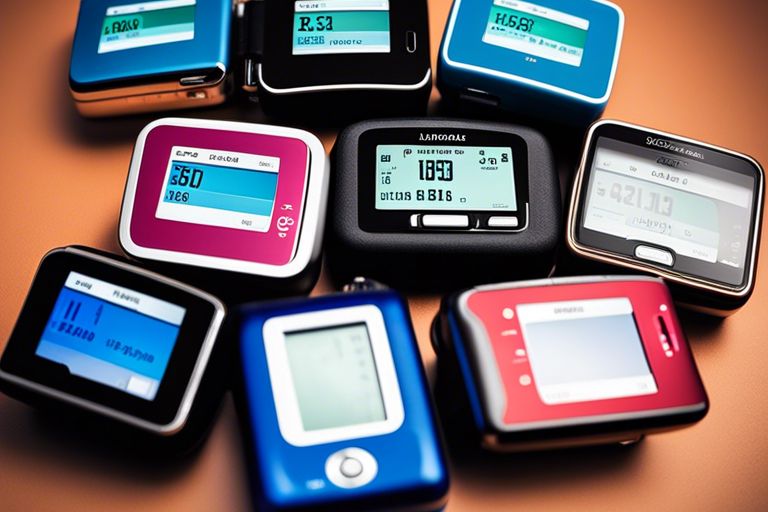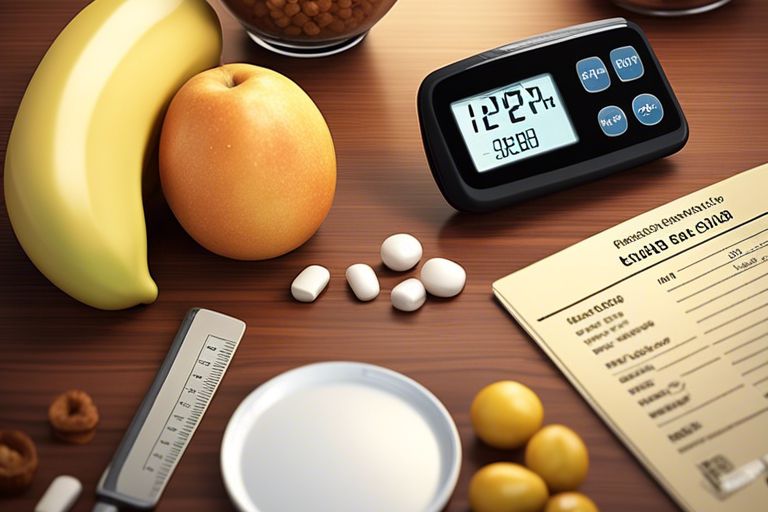As a diabetic, managing your blood sugar levels can be quite a challenge. Diabetes type 1 is a condition that requires constant attention and monitoring, and one aspect of this is ensuring that you get enough quality sleep. Many people underestimate the importance of sleep in managing diabetes type 1, but research has shown that it can have a significant impact on your overall health and well-being. In this article, we will discuss the importance of sleep for diabetes type 1 management and provide some tips to help you improve your sleep quality.
Understanding Diabetes Type 1
Before we delve into the importance of sleep, it’s important to understand what diabetes type 1 is. Diabetes type 1 is an autoimmune condition that affects the pancreas, a gland that produces insulin, a hormone that regulates blood sugar levels. In diabetes type 1, the immune system mistakenly attacks and destroys the insulin-producing cells in the pancreas, resulting in a lack of insulin production. As a result, people with diabetes type 1 need to inject insulin to manage their blood sugar levels.
The Relationship between Sleep and Diabetes Type 1
Research has shown that there is a strong relationship between sleep and diabetes type 1 management. When you don’t get enough sleep or your sleep quality is poor, your body can become less responsive to insulin, leading to higher blood sugar levels. This is because sleep deprivation can cause your body to release stress hormones, such as cortisol and adrenaline, which can raise blood sugar levels. In addition, lack of sleep can also affect the hormones that regulate hunger and appetite, making it harder to manage your food intake and blood sugar levels.
The Importance of Sleep for Diabetes Type 1 Management
Getting enough quality sleep is crucial for diabetes type 1 management for several reasons:
1. Helps Regulate Blood Sugar Levels
Sleep plays a vital role in regulating blood sugar levels by allowing your body to produce and use insulin more effectively. When you sleep, your body uses this time to repair and restore itself, including regulating blood sugar levels.
2. Reduces the Risk of Complications
Poor sleep quality and insufficient sleep can increase the risk of complications associated with diabetes type 1, such as cardiovascular disease, kidney disease, and eye problems. Getting enough quality sleep can help reduce the risk of these complications.
3. Improves Mood and Mental Health
Lack of sleep can have a significant impact on your mood and mental health, leading to anxiety, depression, and irritability. Getting enough quality sleep can help improve your mood and mental health, allowing you to better manage your diabetes type 1.
4. Improves Energy Levels
When you don’t get enough quality sleep, you may feel fatigued and lack energy. This can make it harder to manage your diabetes type 1, as you may feel less motivated to engage in physical activity or follow a healthy diet. Getting enough quality sleep can help improve your energy levels and make it easier to manage your diabetes type 1.
Tips for Improving Sleep Quality
Now that we’ve established the importance of sleep for diabetes management, let’s discuss some tips to help you improve your sleep quality:
1. Stick to a Sleep Schedule
Going to bed and waking up at the same time every day can help regulate your body’s internal clock and improve sleep quality.
2. Create a Relaxing Bedtime Routine
Creating a relaxing bedtime routine, such as taking a warm bath or reading a book, can help you wind down and prepare for sleep.
3. Avoid Stimulants before Bedtime
Avoiding caffeine, alcohol, and nicotine before bedtime can help improve sleep quality and make it easier to
fall asleep.
4. Create a Sleep-Friendly Environment
Make sure your bedroom is dark, quiet, and at a comfortable temperature to create a sleep-friendly environment.
5. Exercise Regularly
Regular exercise can help improve sleep quality and reduce stress, both of which are important for diabetes type 1 management.
6. Monitor Your Blood Sugar Levels
Monitoring your blood sugar levels before bedtime and making adjustments if necessary can help prevent nighttime hypoglycemia, which can disrupt sleep.
Conclusion
Getting enough quality sleep is crucial for diabetes management. Poor sleep quality and insufficient sleep can lead to higher blood sugar levels, increased risk of complications, and poor mood and mental health. By making some simple lifestyle changes, such as sticking to a sleep schedule and creating a relaxing bedtime routine, you can improve your sleep quality and better manage your diabetes.
FAQs
- How many hours of sleep do I need as a diabetic? There is no one-size-fits-all answer to this question, as everyone’s sleep needs are different. However, most adults need between 7-9 hours of sleep per night.
- Can sleep apnea affect diabetes type 1 management? Yes, sleep apnea can affect diabetes management by disrupting sleep and increasing the risk of complications.
- Should I monitor my blood sugar levels at night? Yes, monitoring your blood sugar levels at night can help prevent nighttime hypoglycemia, which can disrupt sleep and lead to complications.
- Can stress affect my blood sugar levels? Yes, stress can affect blood sugar levels by causing the release of stress hormones, such as cortisol and adrenaline, which can raise blood sugar levels.
- How can I improve my mood and mental health as a diabetic? Getting enough quality sleep, exercising regularly, and practising stress-reduction techniques, such as meditation and deep breathing, can help improve your mood and mental health as a diabetic.




